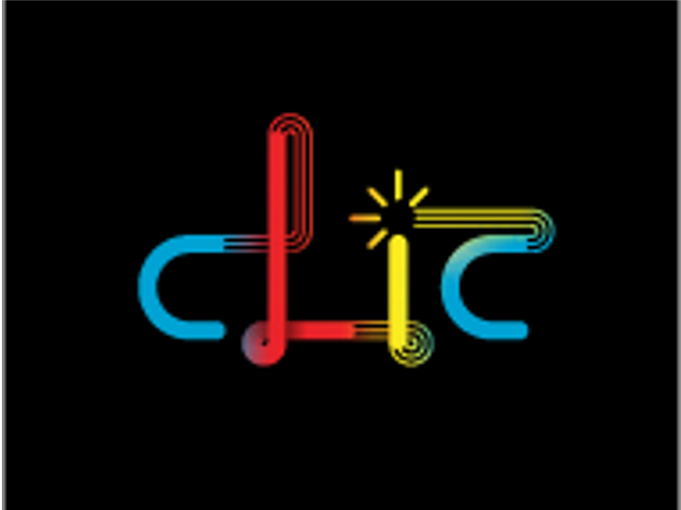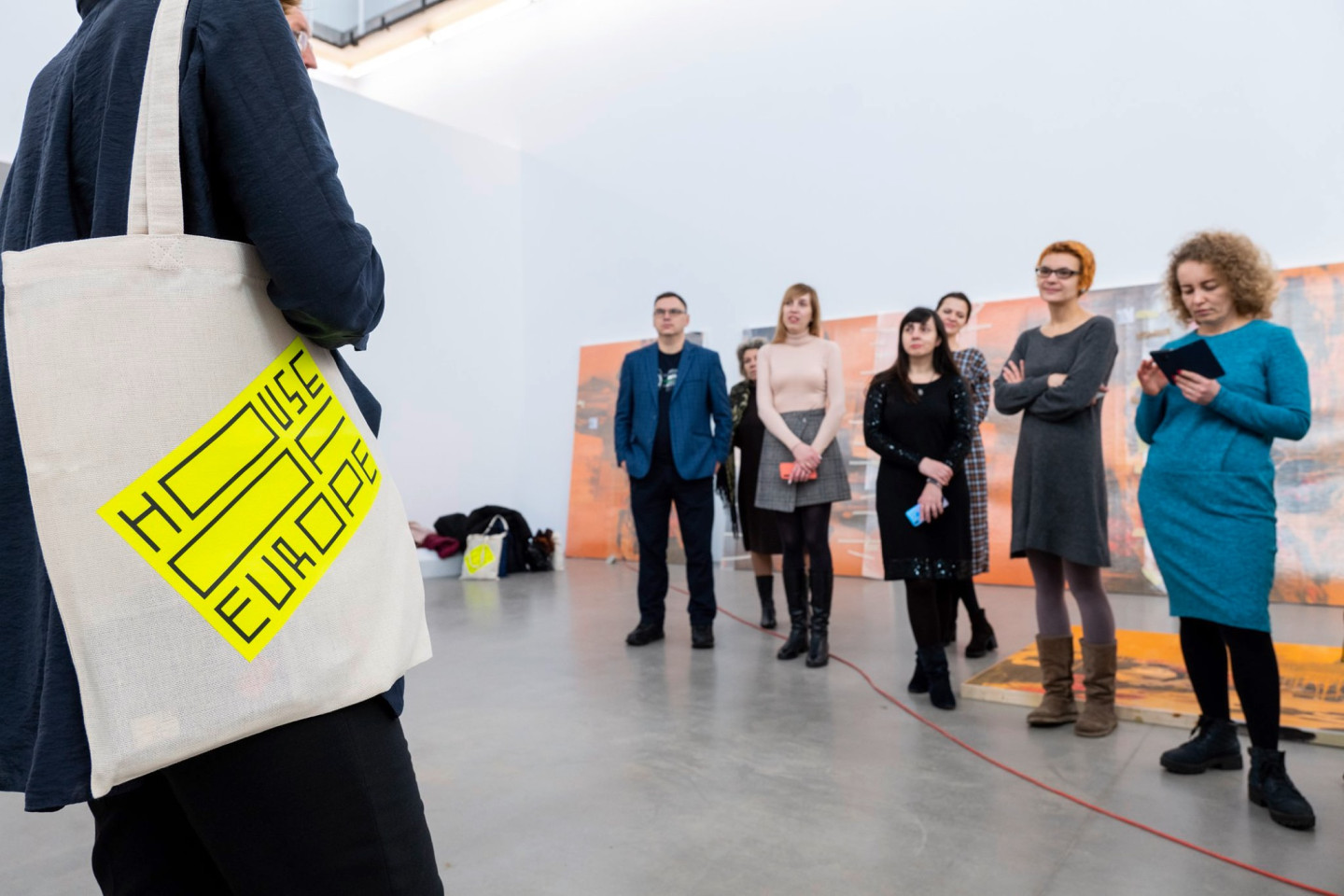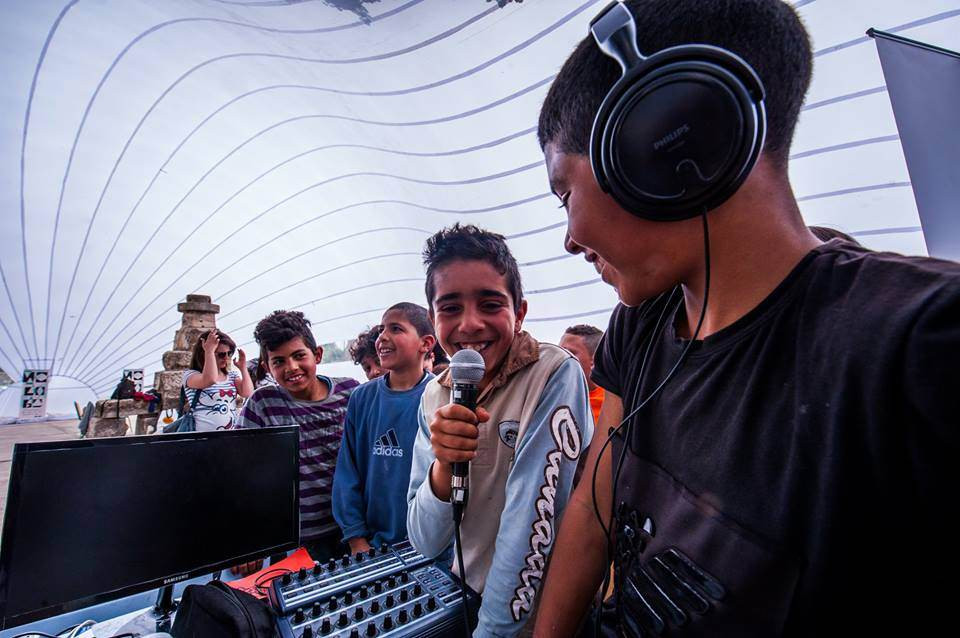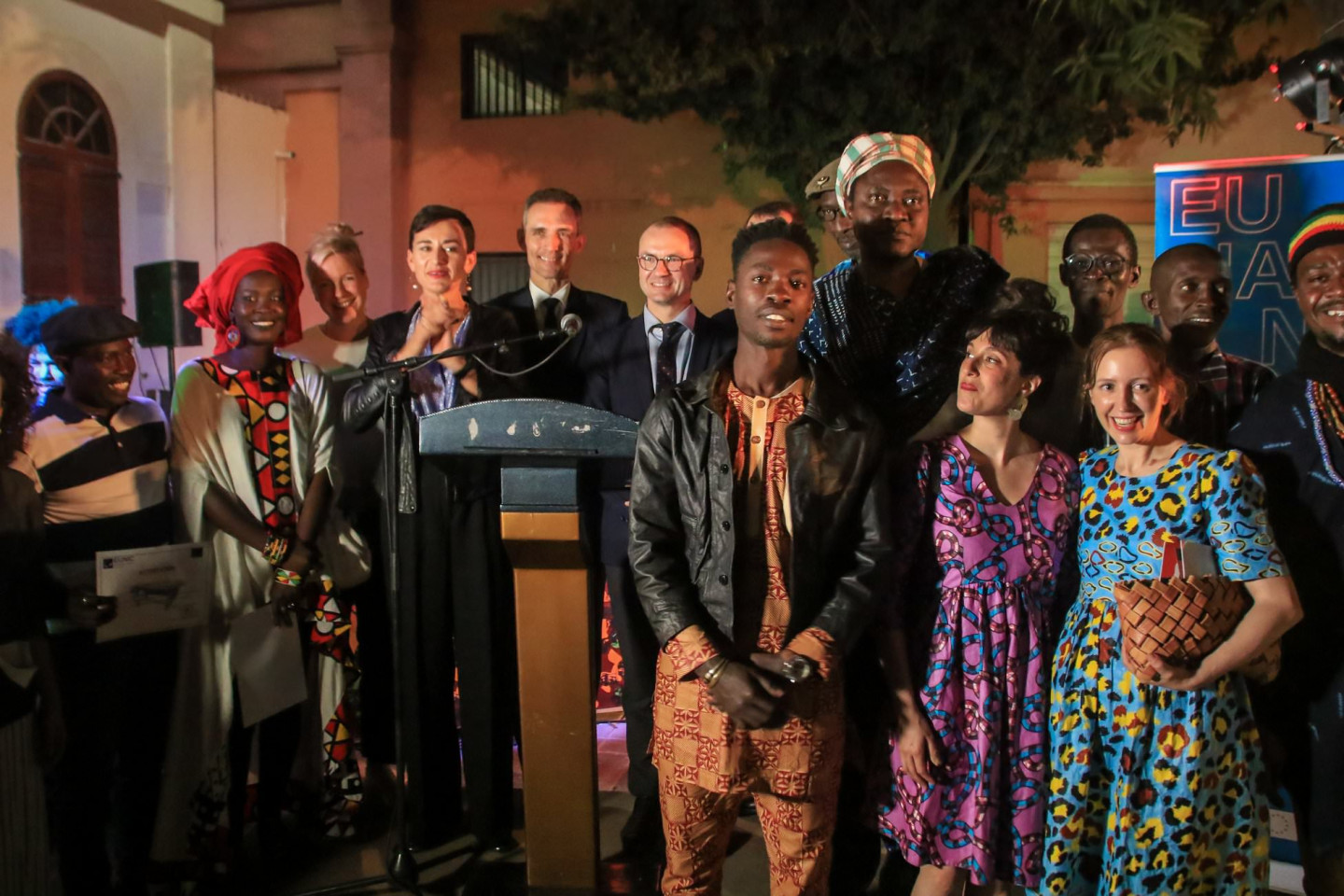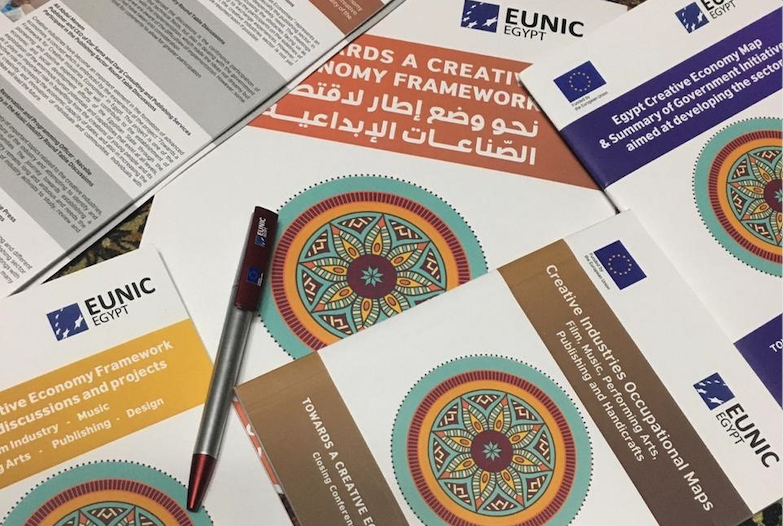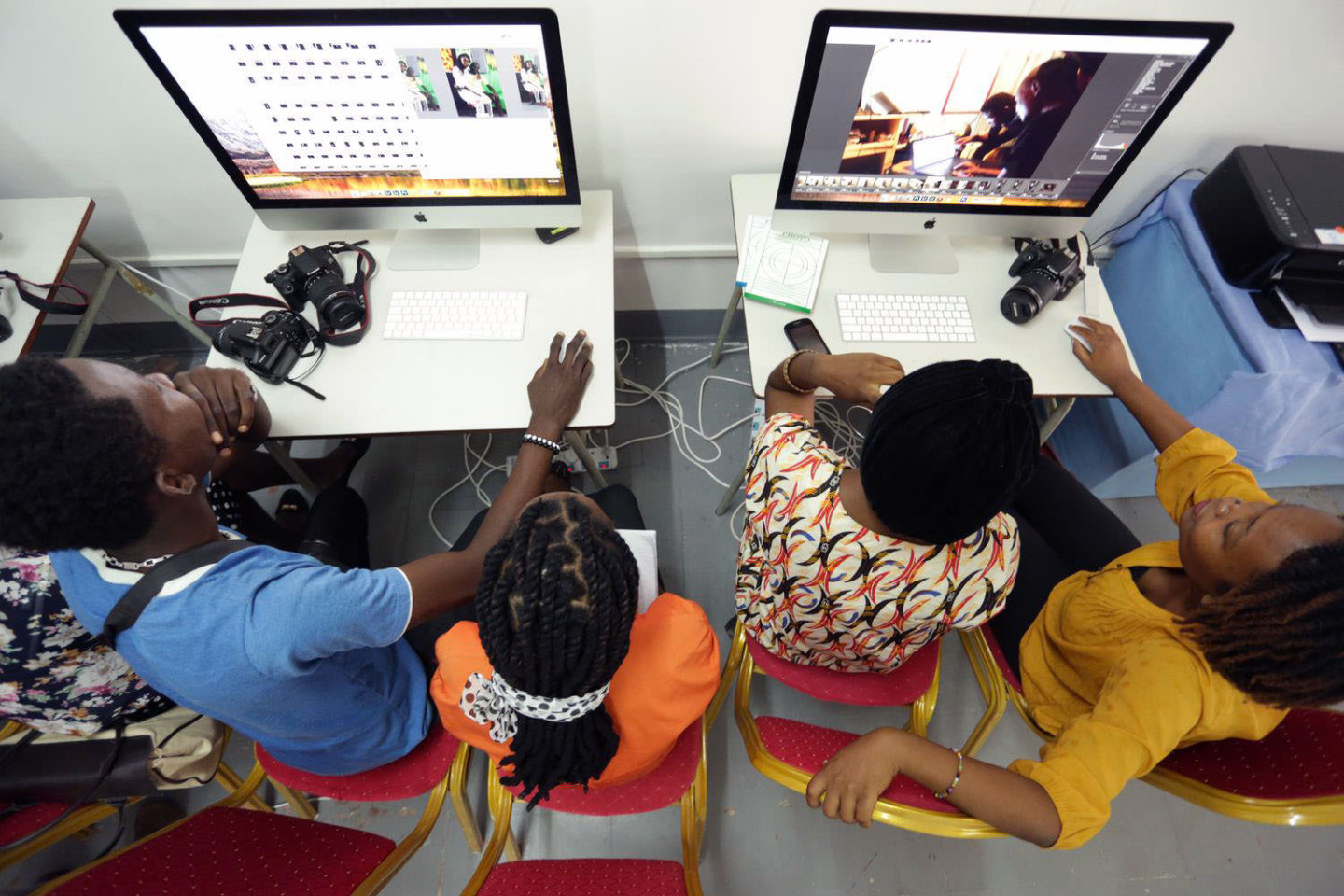These guidelines are intended to provide a practical framework to strengthen and facilitate the partnership between the EU and EUNIC. They should advise colleagues working in EU Delegations, EUNIC clusters worldwide, the European Commission (EC), the European External Action Service (EEAS), and in EUNIC members’ headquarters on how to design effective working relationships in order to further enhance their cooperation and ensure synergies and complementarity in the delivery of cultural relations strategies and projects.
These guidelines are co-authored by policy officers at the European Commission and at the EEAS as well as colleagues at the EUNIC office. The document has been also reviewed and commented on by the colleagues from EU Delegations and EUNIC clusters from the 14 pilot countries of the report on EU-EUNIC partnership.
The guidelines include guidelines focusing on five chapters:
- Developing a shared strategic vision
- Developing a joint cultural relations training framework
- Professionalising the partnership
- Designing and implementing projects together
- Defining a monitoring and evaluations approach
They furthermore contain explanations of each party's roles and responsibilities, as well as annexes incuding models of financing, examples and template documents and best practices of coordination.
Download the 'Joint Guidelines: EUNIC - EEAS - EC partnership' here
Currently EUNIC implements mid- to large-scale projects together with EU Delegations in ten countries worldwide.
The partnership follows the principle of an eye-to-eye level relationship, with each partner bringing in specific strengths: EUNIC brings the experience and expertise on cultural relations as various of its members have been working in host countries for many decades and have established trust relationships with large networks of partners working in culture and beyond; they also bring the human resources and know-how in the development and delivery of cultural projects to the partnership.
EU Delegations bring their own networks, field experience and their role of facilitating cooperation among the various European actors; they have know-how in optimizing different actions by accessing various financial instruments and also bring experience particularly in the field of culture in development cooperation to the partnership. In the framework of this partnership, the principles of complementarity and subsidiarity should always be respected.
Furthermore, joint action is based on common values and principles, as laid out in the EU strategy for international cultural relations and the EUNIC Strategic Framework 2021-2024. Joint work should go beyond projecting the diversity of European cultures, and aim at generating a new spirit of dialogue and partnership, based on mutual listening and learning, and aimed at co-creation, joint capacity-building and global solidarity.
Good governance of joing projects can be assured in two ways: by a clear definition of roles as part of a legally binding contract or partnership agreement with the EU Delegation and subsequent agreement by the EUNIC lead organisation with other implementing partners, or by the signing of an arrangement or Memorandum of Understanding prior to project implementation between EUNIC cluster members. Examples of these possibilities will be available on this page soon.
Administrative Arrangement: Partnership agreement with the EU
In 2017, EUNIC signed a partnership agreement, an Administrative Arrangement, with the European Commission – represented by the Directorate General for Education, Youth, Sport and Culture (EAC) – and the European External Action Service (EEAS). In the Arrangement, the three parties agree to initiate joint pilot activities to enhance cooperation between EU Delegations and EUNIC clusters.
The EU strategy on international cultural relations, the Joint Communication ‘Towards an EU strategy for international cultural relations’, was published in 2016. It identifies EUNIC as one of the implementing partners of the EU's cultural relations approach.
Joint activities between the EU and EUNIC
A first joint pilot activity resulting from the Administrative Arrangement was the publication of the Report on the current state of the partnership between EUNIC clusters and EU Delegations, based on the experiences of collaboration in 14 countries worldwide.
Furthermore, EUNIC, the EEAS and the Commission have co-hosted joint sessions on the role of cultural relations in EU foreign policy during regional seminars in North Macedonia (2018), Dominican Republic, Eritrea, Ghana, Guinea and the Philippines (2019). Furthermore, they are co-hosting webinars on cultural relations for colleagues working in EU Delegations and in the EUNIC network.
To further facilitate cooperation between EU Delegations and the EUNIC network, the Joint Guidelines: EUNIC – European External Action Service – European Commission partnership were co-authored and published. These guidelines advise colleagues working in EU Delegations and EUNIC clusters worldwide on how to design effective working relationships in order to deliver cultural relations projects. The first version was published in July 2019. A French translation of the document was provided by the French Ministry for Europe and Foreign Affairs. The second edition was published in January 2021.
Joint cultural relations projects and programmes between EUNIC clusters and EU Delegations are currently being implemented in ten countries: Bolivia, Cuba, Democratic Republic of the Congo, Egypt, Jordan, Peru, Senegal, Sudan, Tunisia and Ukraine.
European Spaces of Culture
In 2018, EUNIC has been granted the Preparatory Action European Spaces of Culture (formerly European ‘Houses’ of Culture), initiated by the European Parliament and implemented through EUNIC’s network, EU Delegations and local stakeholders. The project tests new models of European collaboration in culture.
Further reading
- Joint Communication: Towards a strategy on EU international cultural relations, 2016
- Administrative Arrangement: Partnership agreement between EUNIC, the European Commission and the European External Action Service, 2017
- Report on the current state of the partnership between EUNIC clusters and EU Delegations, 2018
- European Spaces of Culture
